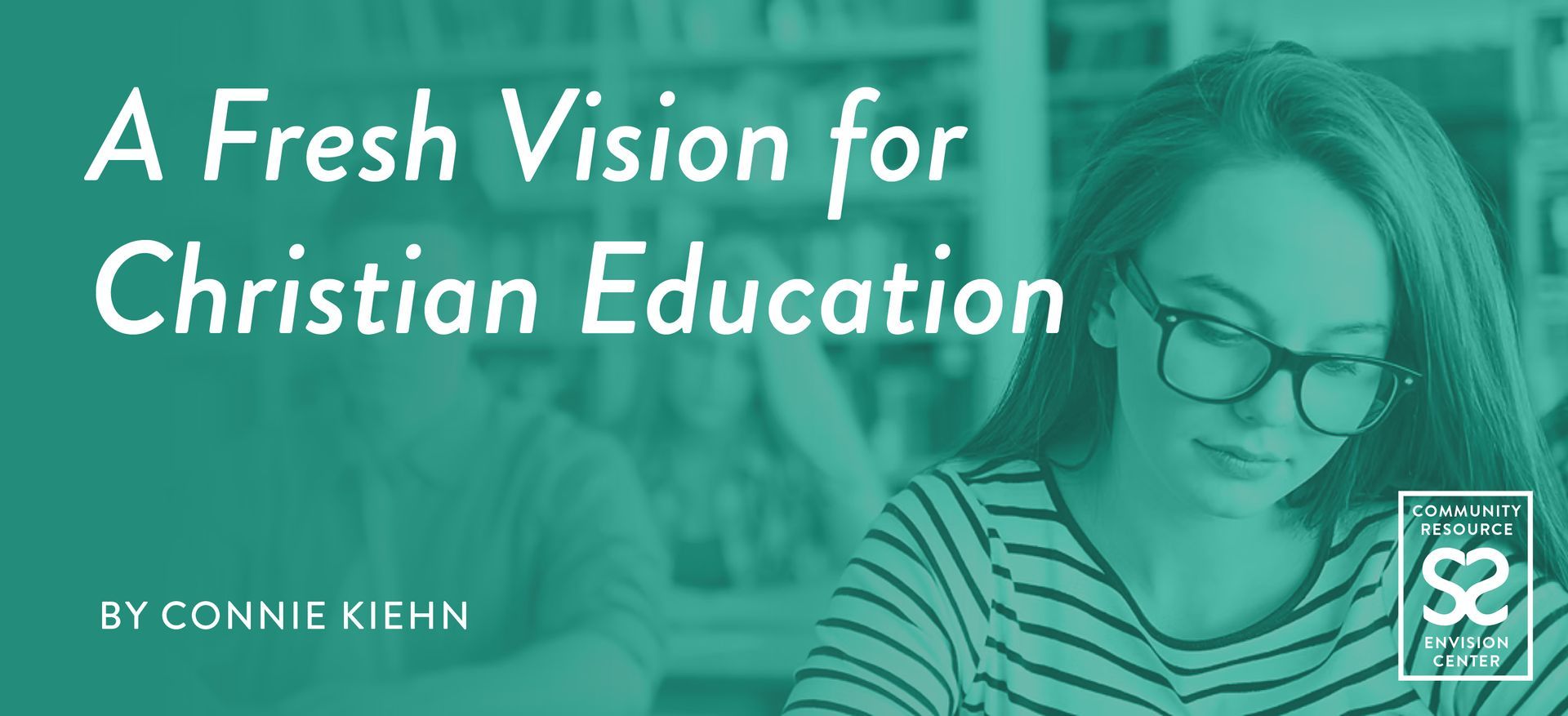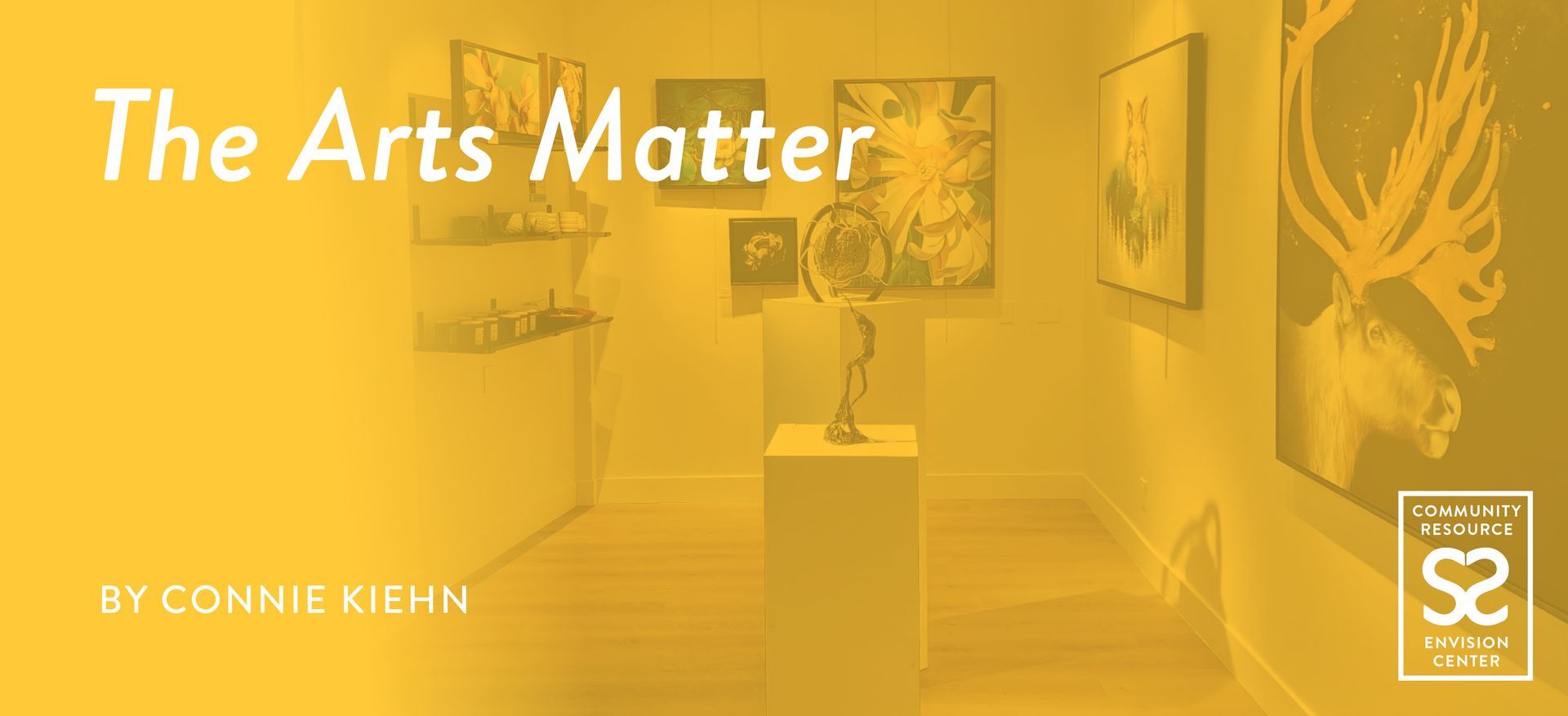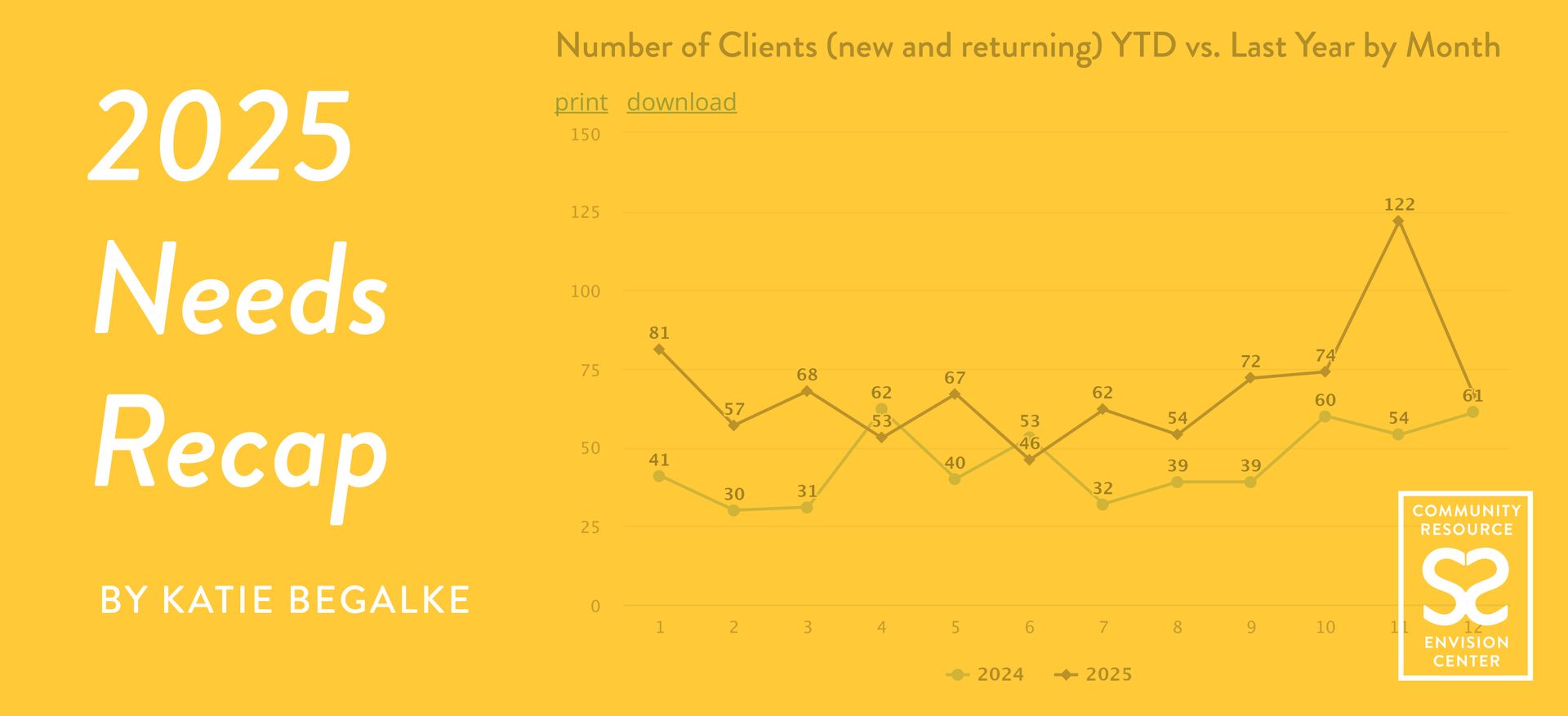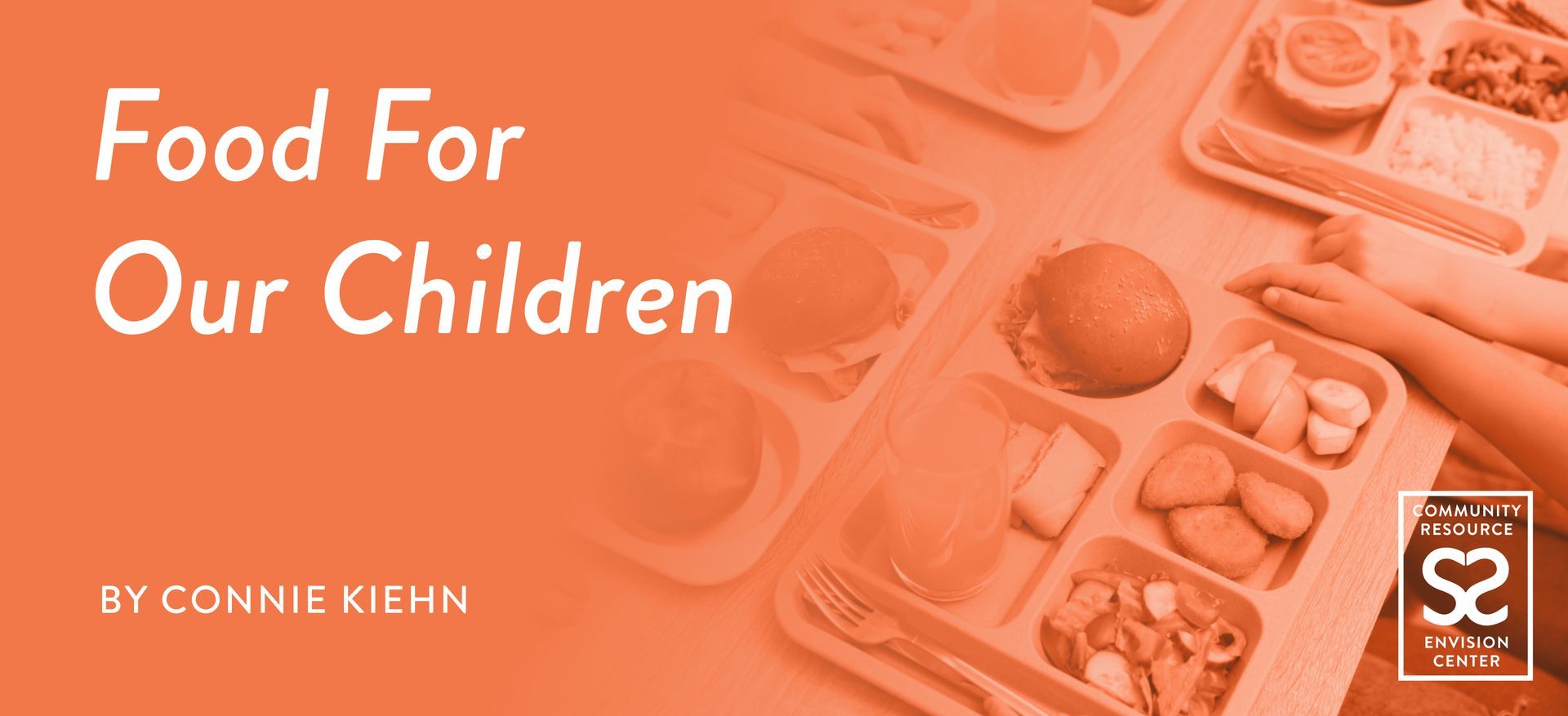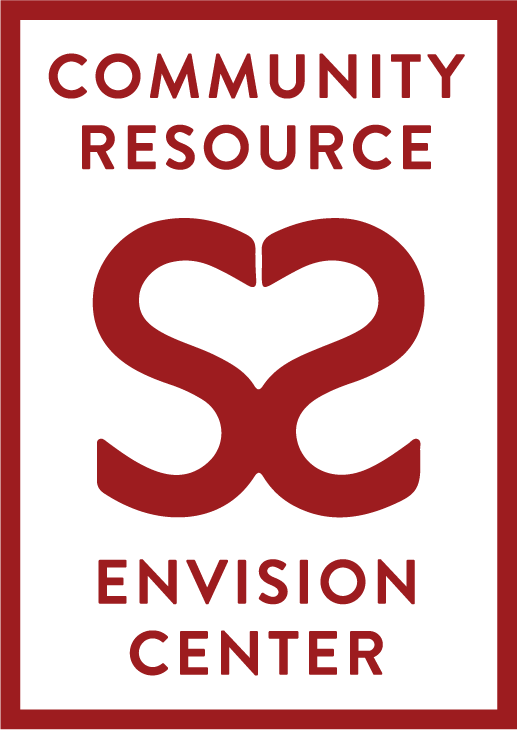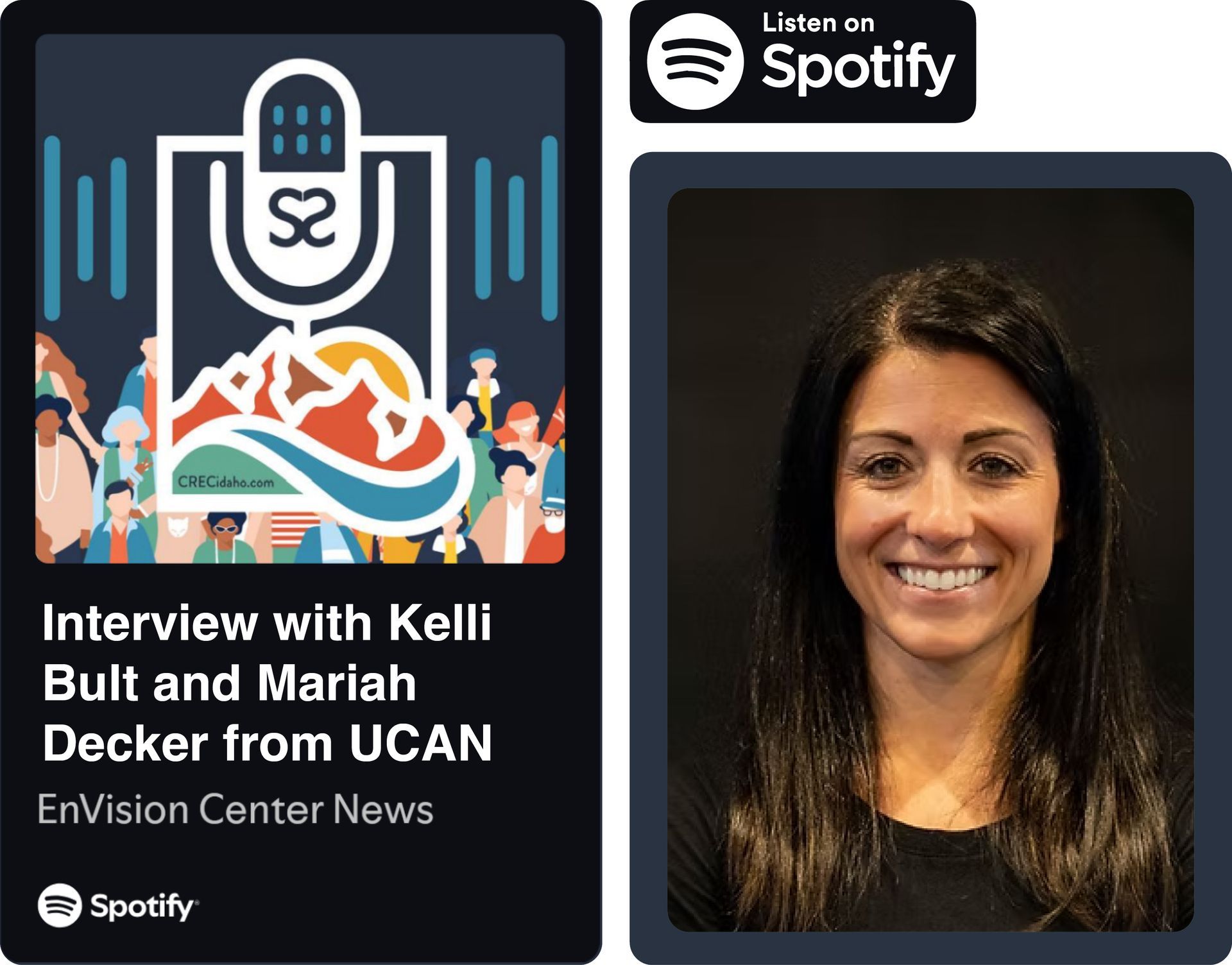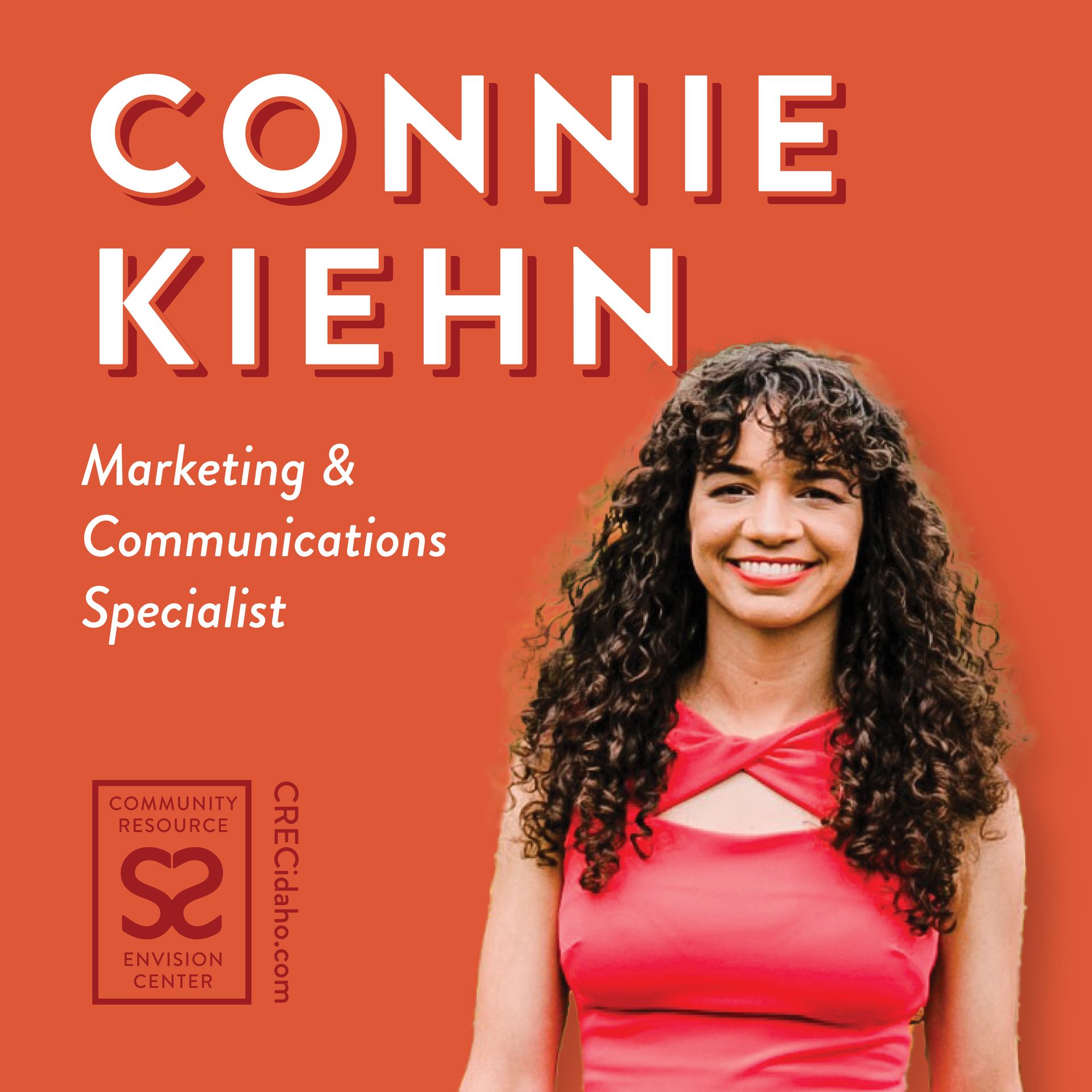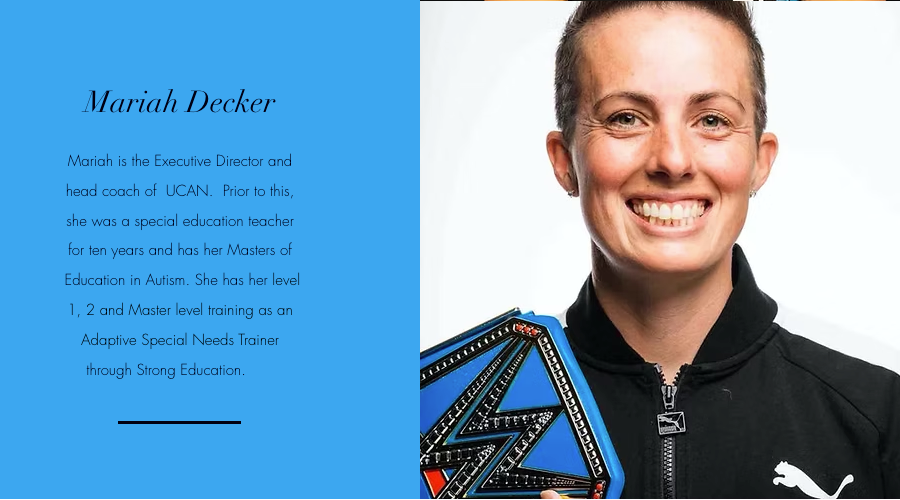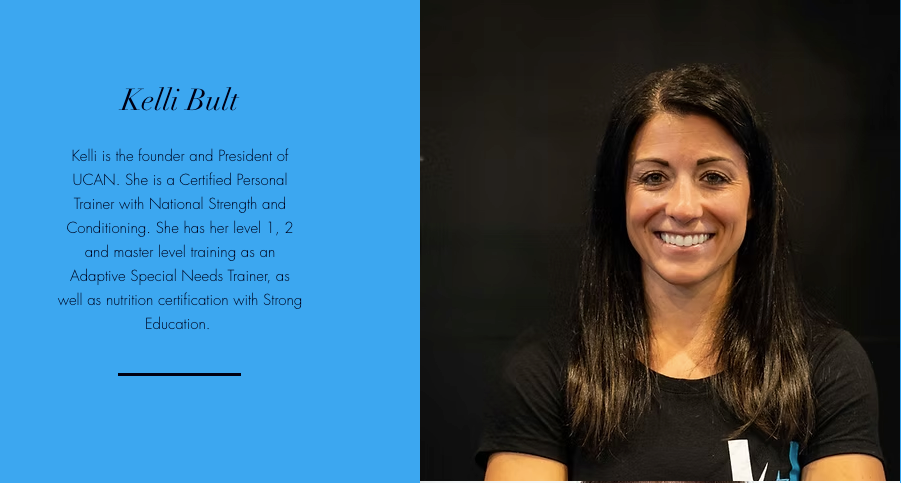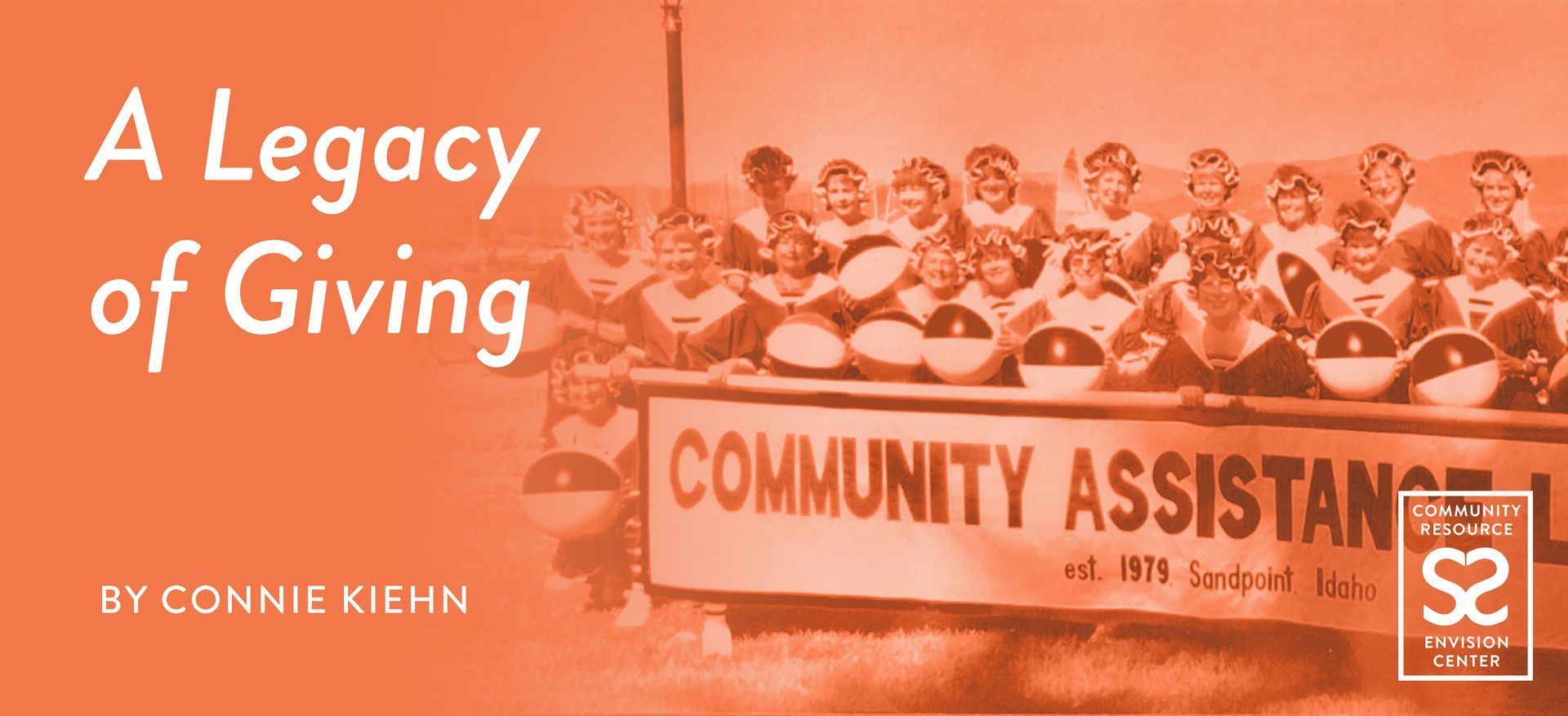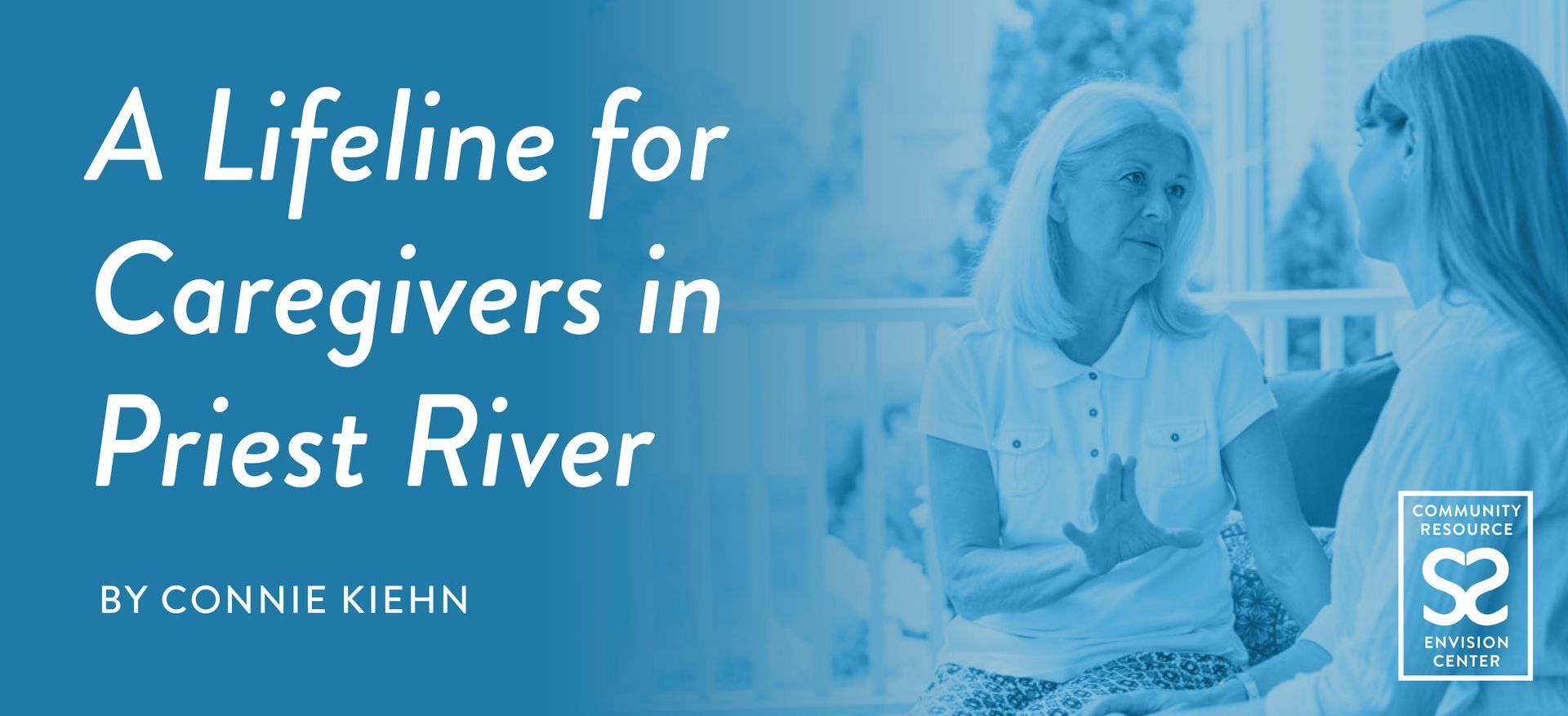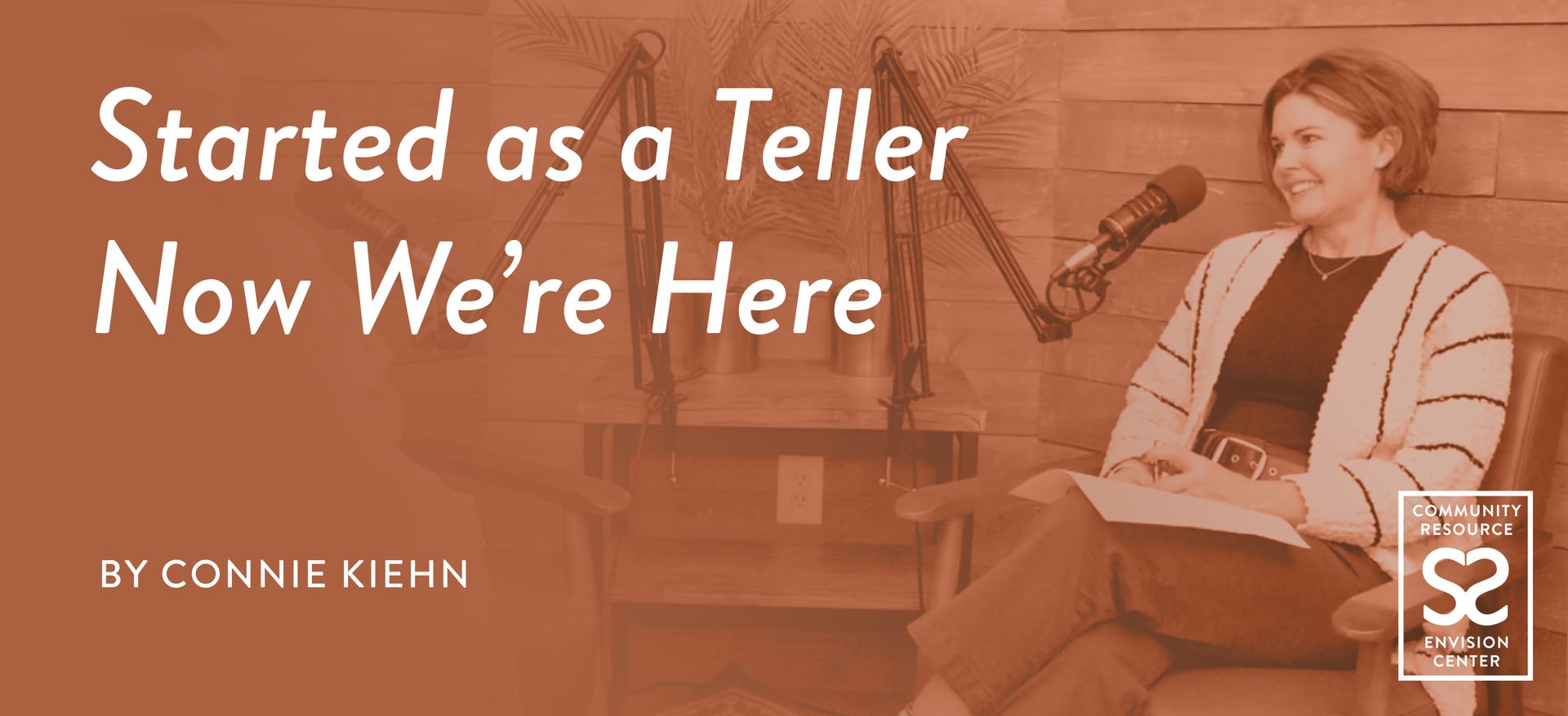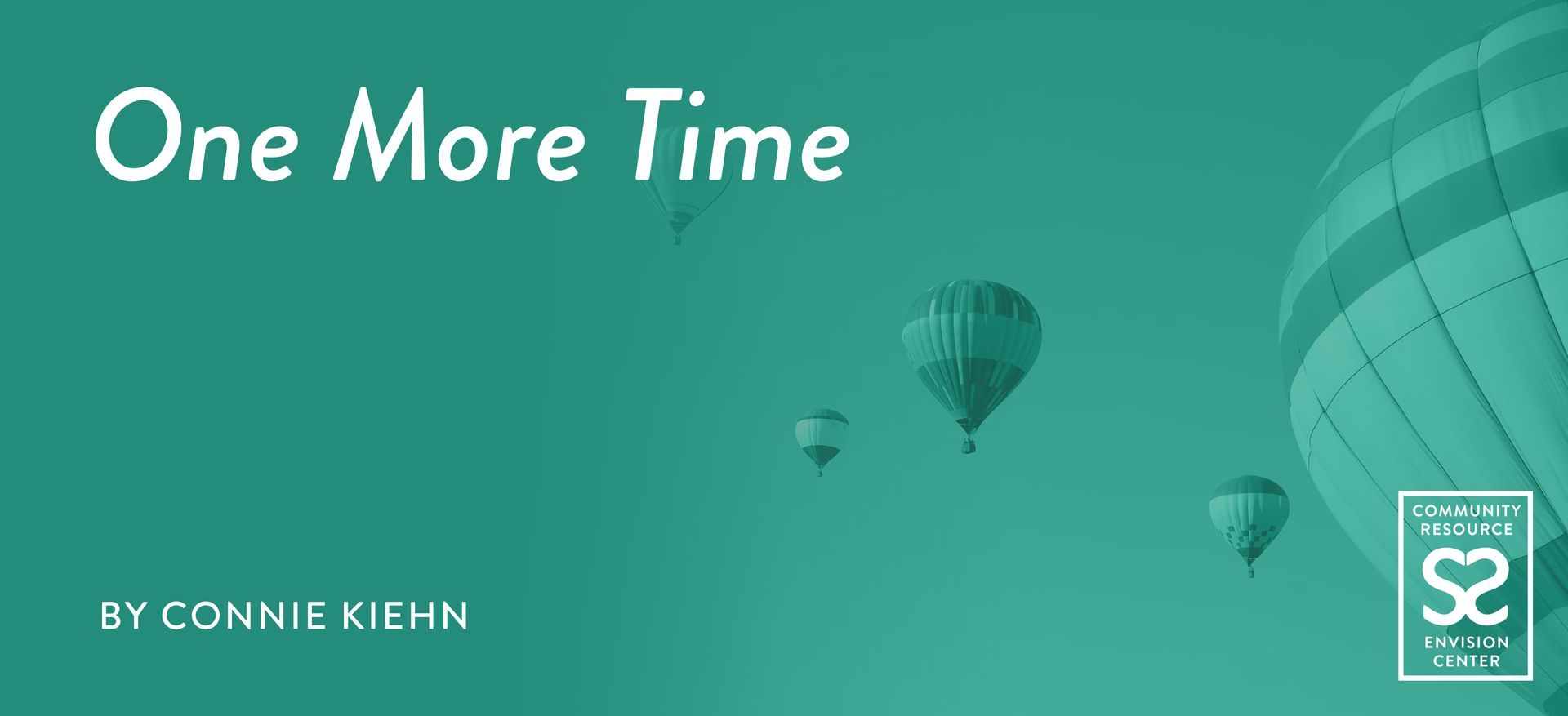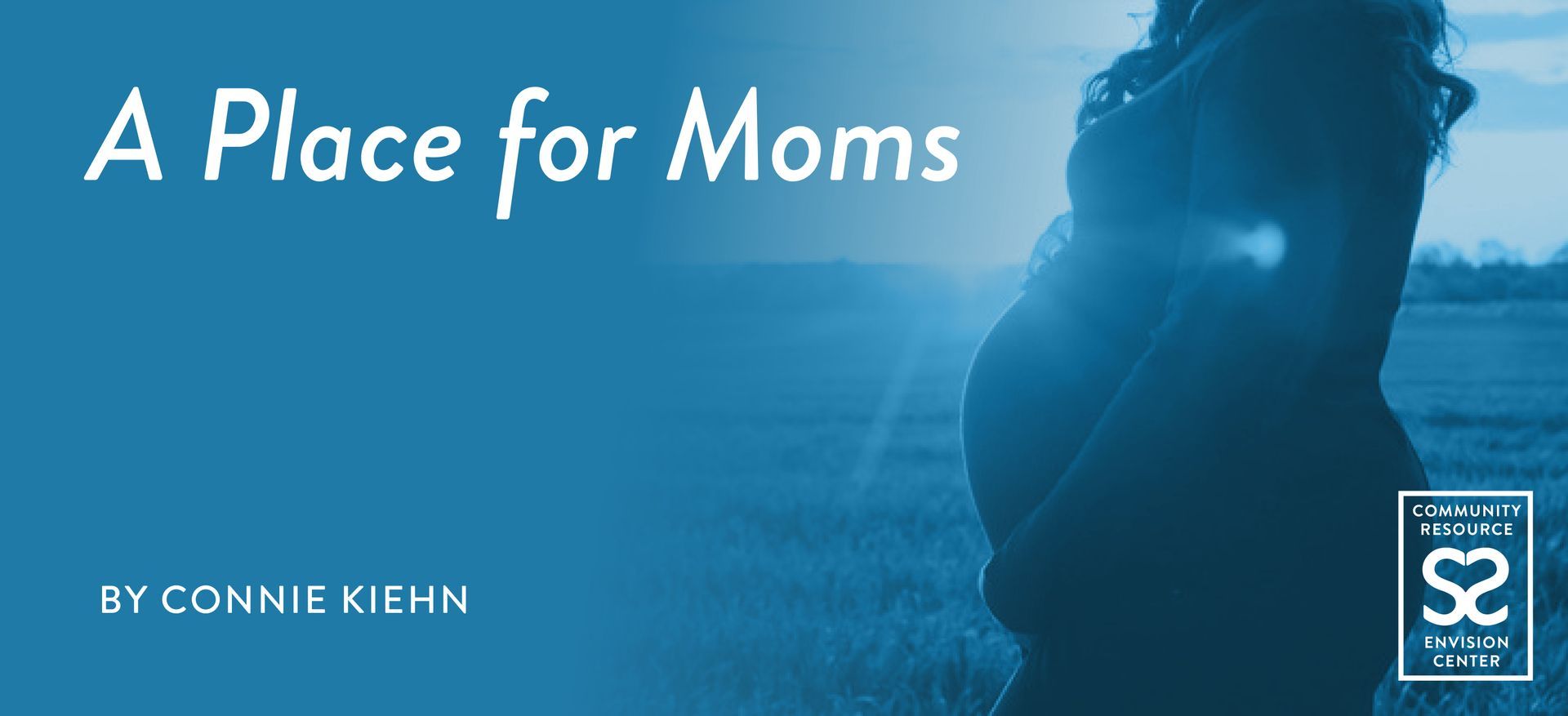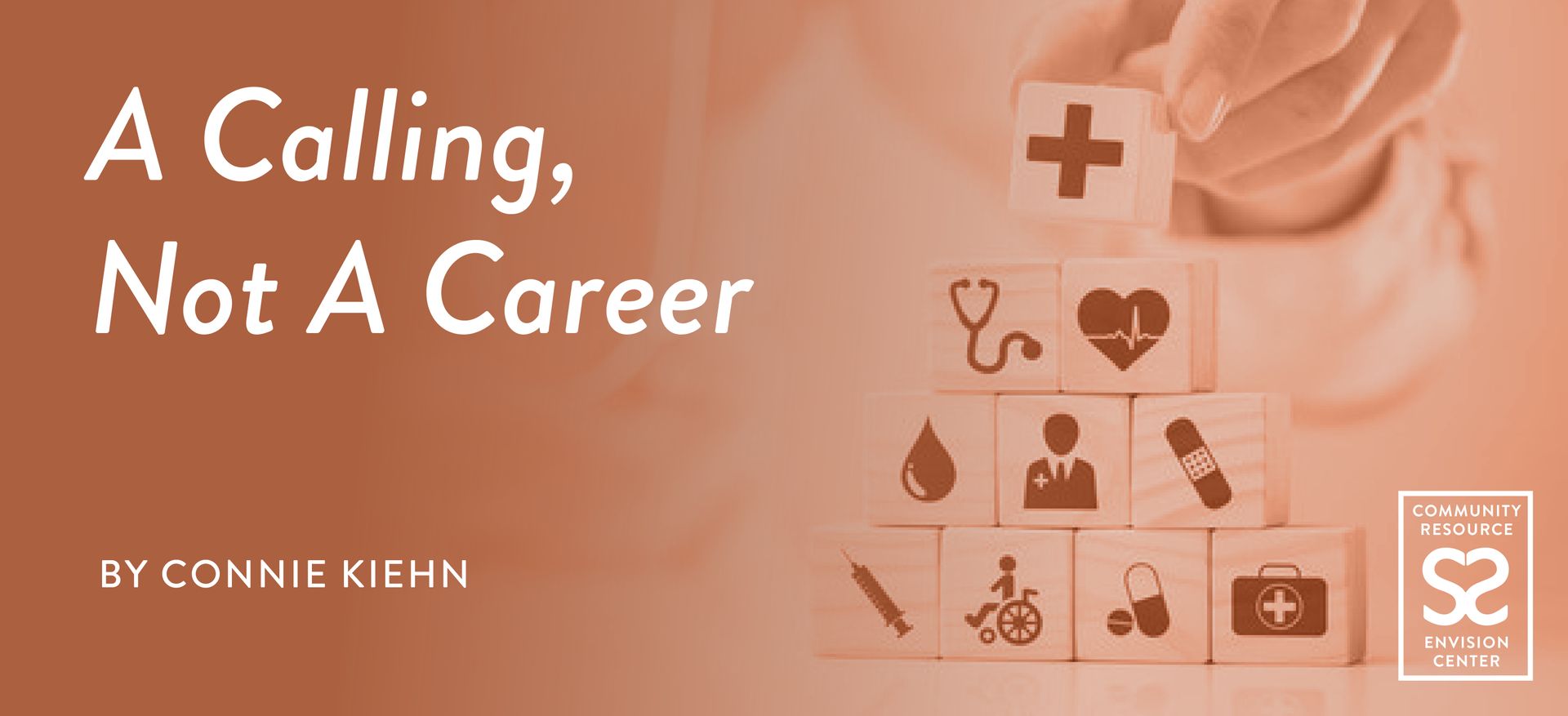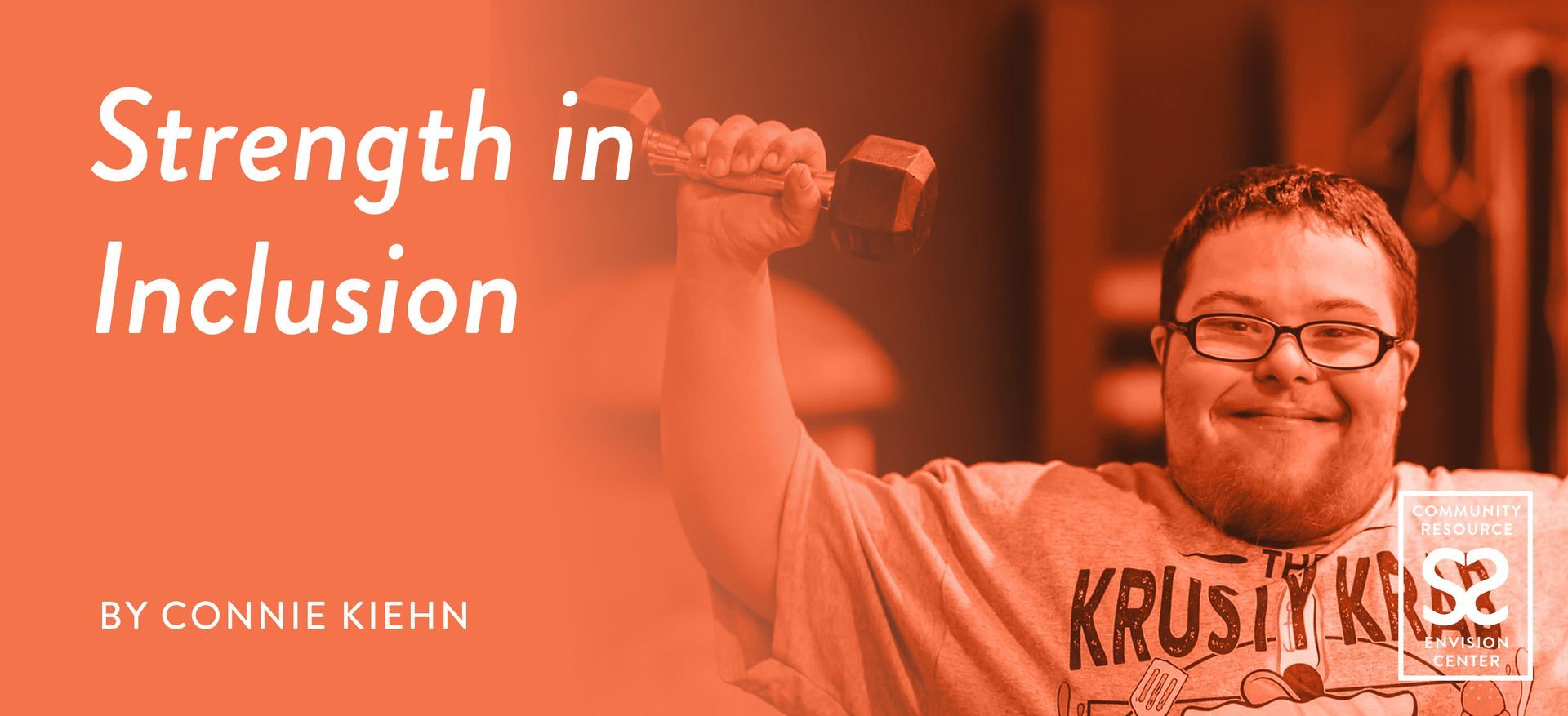
People discover their nonprofit niche causes through all kinds of ways. For Kelli Bult, her path to nonprofit work was deeply personal. Kelli was inspired to start her nonprofit gym because of her son, Caleb, who was born 10 weeks premature and has a micro chromosome deletion, resulting in various physical and mental disabilities. He is missing 79 genes and is the only person in the world diagnosed with his exact condition. Caleb has received extensive early intervention therapies and has a supportive team of therapists, teachers, and doctors. As Caleb grew, Kelli realized there was a lack of special needs fitness opportunities. This motivated her to create a safe, comfortable group environment where individuals with special needs, of all ages, could learn about functional fitness and nutrition. The
Unique Center for Athletes of All Needs (UCAN) was conceived in 2019, four years after Caleb was born.
"I was just taking him to therapy every day and listening to all the moms, and I realized that we don't have anywhere in the community for these kids to go play,” explains Kelli. “They can't go to daycare, they're not allowed; school is tough for them, and playgrounds are tough for them. So, it was more about creating a space for them. Since we had the means to do it, I thought, let's make this cool space. And, selfishly, I kind of wanted a gym, so we made it work together."
Fostering Inclusivity
UCAN is inclusive in the way the classes are designed, the equipment they use, and the way they go about scheduling. The space features a 1,400-square-foot kids' area with padded flooring, a three-story enclosed and safe play structure, therapy tools, swings—including a wheelchair swing—and much more. The play structure is soft, fully padded, and enclosed. It's even color-coded! The kids' area is separated from the main gym area, though you can see into the kids' area from the main gym. The main gym spans approximately 4,000 square feet and features a variety of adaptive cardio equipment, including a wheelchair bike, recumbent bike, treadmill, and LiteGait harness/treadmill. The gym is equipped with specialized tools designed to run adaptive classes and conduct one-on-one training safely and effectively.
The main gym is open to able-bodied and special needs members. Special needs and non-special needs folks living and playing together is something UCAN is trying to normalize.
“So many times, we are kind of segregated,” Kelli says. “It makes it so that kids say weird things when they come across someone who’s different because they’re never exposed to it.”
There are classes specifically for those with special needs who require more specialized coaching. Kelli is a certified personal trainer and has her Level 1, 2, and Master Level training as an Adaptive Special Needs Trainer. There are two other trainers at the gym, including Executive Director Mariah Decker. Mariah used to be a special ed teacher and considers herself more of the head coach than the executive director. She is out on the floor multiple times a week working with clientele.
“I like to say my main job is being the head coach, because that's where the fun happens,” says Mariah with a smile.
A Nonprofit Model Built for Accessibility
What makes UCAN really unique is their business model. Most accessible gyms are for-profit businesses. Kelli has seen firsthand how expensive it is to raise a special needs child, and so it was important to her that UCAN not only be physically accessible but financially accessible.
The regular gym funds the nonprofit, with monthly memberships covering the costs of the special needs programming, supplemented by grants and other funding sources.
"You don't have to have any connection to a person with special needs to want to support this," Kelli explains. "You can come, become a member, and know that your membership is contributing to a larger cause."
This self-sustaining model has worked effectively. Payment plans for those using the special needs programming are tiered based on income level, and no one is turned away for not being able to pay.
Looking ahead, Kelli is focused on continuing to expand the organization and offering more services to those in need. One of her biggest goals is to break through the back wall of the building and expand into a new space, potentially adding another 50 by 40-foot area with an upstairs. It would be a space for therapists, like speech and occupational therapists, and other health professionals who could work in conjunction with UCAN. It’s about creating a one-stop shop for people with physical or special needs. This expansion would also mean that UCAN could host more classes and better serve the growing demand, without having to close the main gym during special classes.
To help fund these initiatives, UCAN holds an annual fundraiser in the fall. This Halloween-themed event—complete with a silent auction, live auction, dessert auction, and dance—has become the nonprofit’s biggest fundraiser.
“There’s a huge need for this kind of work in our community, even in a small town like ours,” Kelli says.
The demand for special needs services and programs is greater than many realize, and Kelli has made it her mission to meet that need. UCAN isn’t just about fitness; it’s about building a community where every person, regardless of their ability, can feel valued, included, and empowered to achieve their full potential. Kelli’s vision is not only changing lives today but also paving the way for a future where accessibility and inclusion are the standard.
